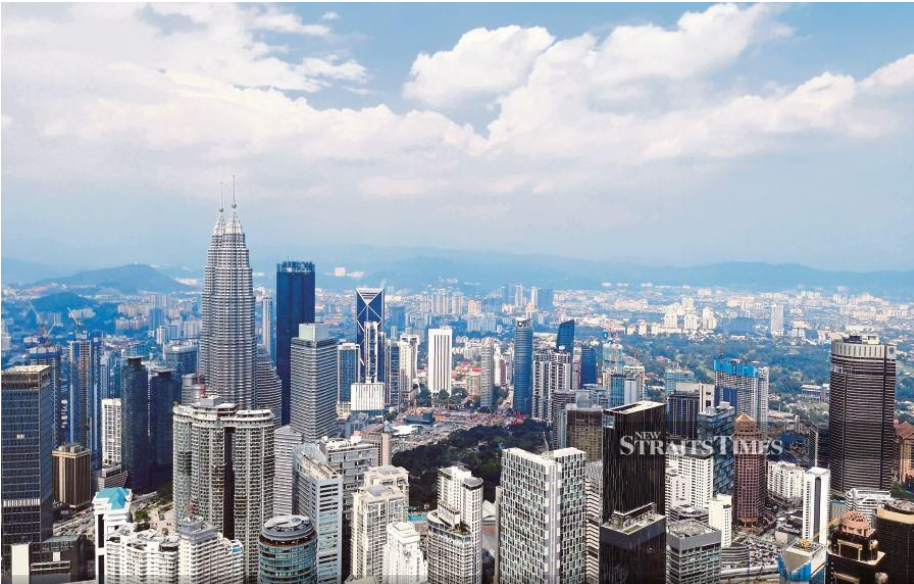Govt should focus on rebuilding fiscal buffers

PUTRAJAYA: The focus of government policies should be on rebuilding fiscal buffers, supporting private investment and ensuring adequate social protection for low-income earners.
The World Bank said the government could diversify its revenue sources through realignment of tax incentives, expansion of personal income tax and a broadening of the sales and services tax.
In a report titled Malaysia Economic Monitor, the World Bank suggested a widening of the government’s revenue base should also be accompanied by efforts to expand and improve the social protection system.
Citing as an example, the government’s planned move to a more targeted fuel subsidy framework could lead to potential savings for reinvestment in core social welfare programmes.
The report also recommended reforms to mobilise public sector revenues to both diversify away from unstable oil-related revenues and to support future public investment.
Presently, World Bank said Malaysia’s revenue from personal income taxes and consumption taxes both fall well below the average levels seen in other upper middle-income economies and high-income countries.
“Reforms to widen the tax base should be accompanied by measures to expand and improve the existing social protection system to boost resilience and protect the vulnerable,” it added.
The report noted evidence from across the world had shown that progressive taxes and social transfers can be effective at reducing income inequality.
Country director for Brunei, Malaysia, Philippines and Thailand, Mara Warwick said Malaysians can better enjoy its prosperity if the country practices stronger governance and higher standards of accountability as well as transparency.
“Over the medium term, Malaysia will need to focus on boosting human capital outcomes and accelerating productivity growth,” she said.
The World Bank lead economist Richard Record said Malaysia collected around 2.2 per cent of the gross domestic product (GDP) in personal income taxes, about a quarter of the average high-income economy.
“But over time if Malaysia seeks to provide an increase range of quality public services, and aspire to become a high-income economy- then the country will need to collect more personal income tax,” he said.
Sugar-sweetened beverages and a tourism departure levy comes into effect on July 1, followed by the extension of the Sales and Services Tax to cover imported digital services from non-resident suppliers on January 1 next year.
